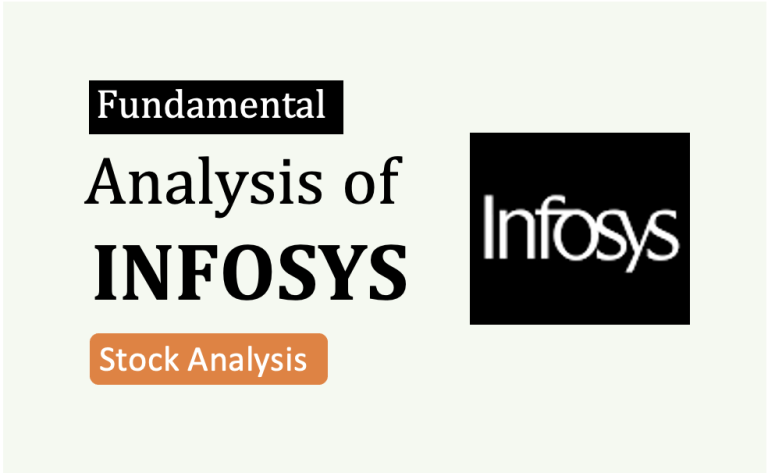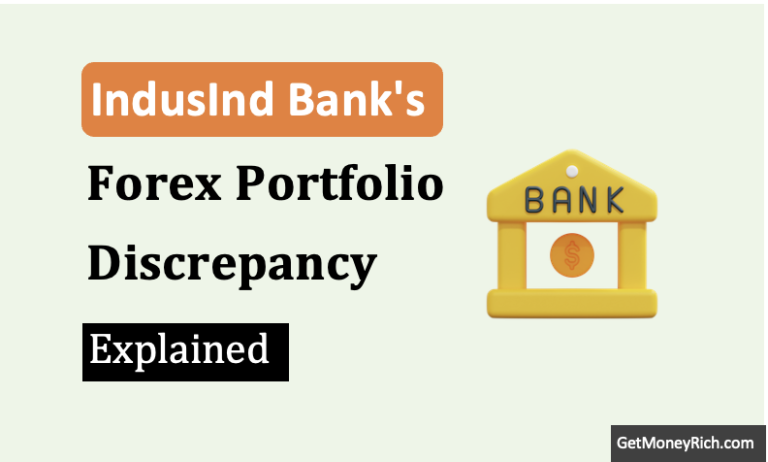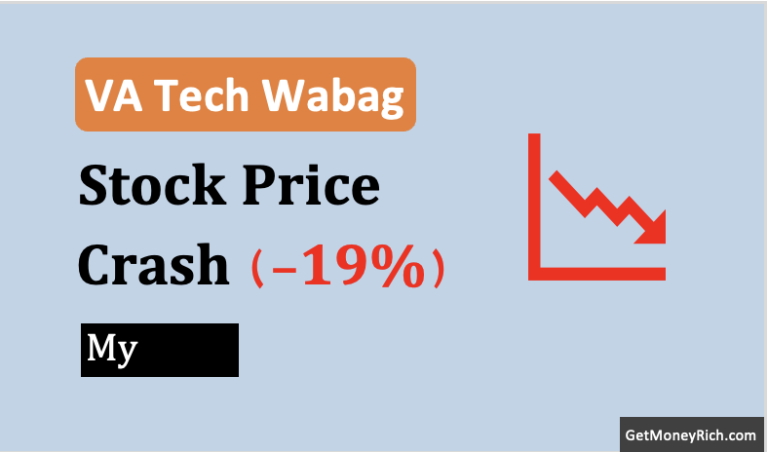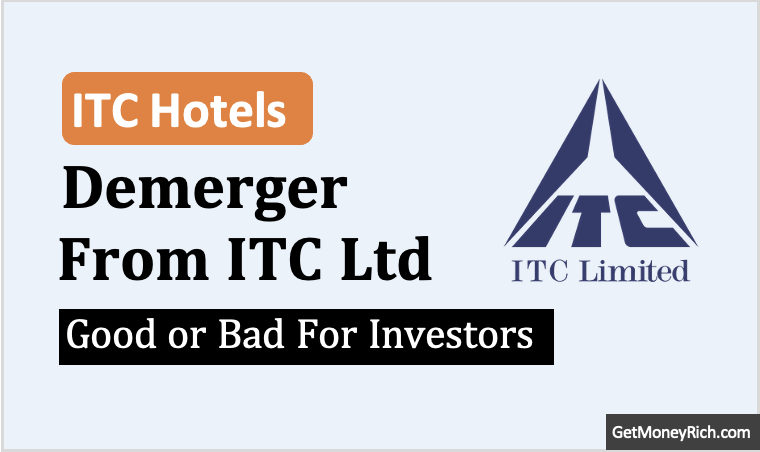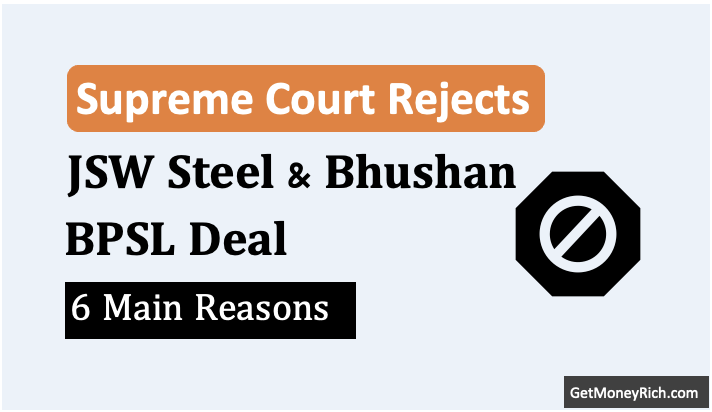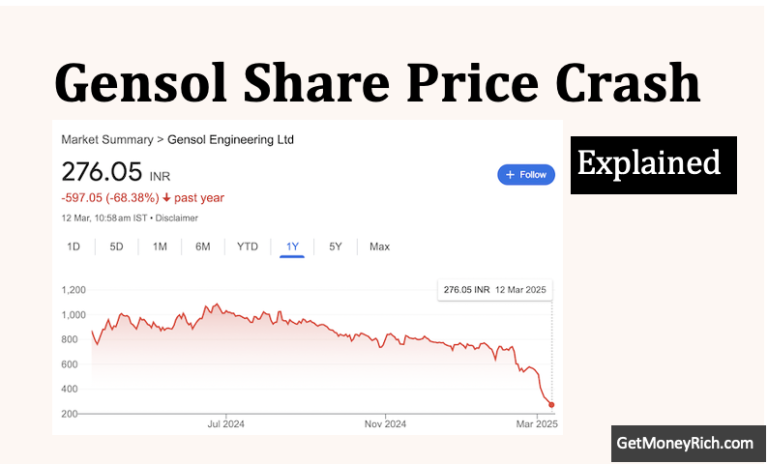Summary Points:
- KKR launched a block deal to sell 7% of JB Chemicals, worth $200 million (Rs.1,700 crore), a fast way to offload big share chunks.
- “Base size” is the starting value of the deal, set at $200 million, with a floor price of Rs.1,625 per share.
- “Via seeking to dilute” means KKR is reducing its 53.66% stake through this sale, trimming ownership.
- An “upsize option” lets KKR sell an extra 3.5% ($100 million or ₹800 crore) if demand is high.
- Shareholders might see stock price swings—down from more supply, or up if big buyers boost confidence.
Introduction
Recently I read a news piece on a stake sale deal between KKR and JB Chemicals. I was surprised how, the use of complicated terms made the news almost only half-understandable for many. So, I thought why not write an explanatory post explaining what’s behind those terms and how it effects the shareholders of JB Chemicals. But trust me, they’re not as complicated as they seem. Initially it might make people confused? But don’t worry, after reading this post, you clearly understand what’s brewing under the hood through this deal.
What’s a Block Deal?
First up, the article talks about KKR “has launched a block deal.” Also, why they are using the phrase “launching” in a block deal related news?
Imagine you’ve got a big stack of old cricket cards, say, 1000 of them, and you want to sell them. You could sell them one by one on the street, but that’d take forever. Instead, you find one guy, maybe a collector, and say, “Take the whole lot for a good price.” That’s a block deal in the stock market.
Block deal happens when someone sells a massive chunk of shares all at once, usually to big buyers like mutual funds or institutions, instead of trickling them out slowly.
In KKR’s case, they own 53.66% of JB Chemicals. It’s a huge stake they grabbed back in 2020 for Rs.3,100 crore. Now, they’ve “launched a block deal” to sell about 7% of it. That’s lakhs of shares changing hands in one go.
Now, why “launched”? It’s just a fancy way of saying they’ve started the process of selling their stake. Had I been writing the news piece, use of the terms
So, a block deal is quick, efficient, and perfect for big players like KKR (to buy and sell their stakes) who don’t want to mess around with small trades.
“Base Size of Around $200 Million” – What’s That?
Next, the news mentions this block deal coming “with a base size of around $200 million.”
The “base size” is like the starting point, the minimum amount KKR plans to make from this sale. In Indian terms, $200 million is roughly Rs.1,700 crore (at Rs.85 per USD). That’s how much those 7% shares are worth at the floor price of Rs.1,625 per share, as the article notes. As of date, JB Chemicals shares are trading at Rs.1,695 per share.
For KKR, Rs.1,700 crore ($200 million) is their base. This is the core amount they’re aiming for with this block deal. Why “around”? Because the final amount might shift a little depending on how many shares get snapped up and at what exact price.
It’s their opening offer, the foundation of the plan. It’s pretty straightforward, I think,
“Via Seeking to Dilute Part Stake” – What’s This?
Here’s where it gets a bit wordy, the deal is “via seeking to dilute part stake.”
Let’s simplify this. “Stake” is just your share of ownership. KKR has 53.66% of JB Chemicals, meaning they’re the boss with more than half the company. “Dilute” means reducing that share. Imagine you’ve got 50% of a small shop with your brother. You sell 10% to a friend, now you’re down to 40%. That’s dilution, your piece of the pie gets smaller. KKR is “seeking to dilute” by selling 7% of JB Chemicals, dropping their stake to around 46.66%.
The “via” part? It’s just about how they’re doing the stake sale. through this block deal. It’s like saying, “I’m selling my old car via a dealer.” The block deal is the method, the vehicle for this dilution. So, KKR isn’t exiting completely, they’re just trimming their ownership a bit and pocketing some cash in the process.
Though I’ll question the news article write on the correct placement of word “via.” For me, I think, it is not accurately placed. It makes the statement sound more complicated that it’s actually is.
“Upsize Option to Sell an Additional 3.5%” – What’s the Catch?
There is an upsize option to sell an additional 3.5% stake worth around $100 million. I think, this is where KKR gets clever.
An “upsize option” is like an extra helping at a buffet. Here, KKR’s base deal is $200 million (Rs.1,700) crore for 7%. But if buyers are excited to buy more (demand is high), KKR can “upsize” and sell another 3.5%, worth $100 million (₹850 crore) taking the total dilution to 10.5%.
Why call it an “option”?
Because it’s not guaranteed, they’ll only do it if the market vibes are right. That extra $100 million is like a bonus round. It’s smart. They’re testing the waters with the base size, and if the fish are biting, they’ll throw in more bait.
At JB Chemicals’ market cap of Rs.26,518 crore (as of March 26, 2025), this could be a tidy profit for KKR.
Does this news matter to the investors of JB Chemicals?
So, let’s connect the dots.
KKR is a global investment equity firm. They are using a block deal to sell shares of JB Chemicals fast and big, starting with a base size of $200 million (Rs.1,700 crore). This action will dilute their stake via the block deal. KKR is also keeping an upsize option of $100 million in their back pocket.
It’s not KKR’s first try with JB Chemicals, they tried selling the whole stake earlier in 2024 but couldn’t agree on a price. Now, they’re playing it safe, cashing out a chunk while still holding a major stake.
For we retail investors, it’s a deep dive into how the financial world operates. The terms, block deal, base size, upsize option, aren’t just jargon; they’re tools big players use to make moves.
What’s KKR planning next? Are they just taking profits, or is something bigger brewing?
Final Take
Let’s talk about something else, how does this KKR-JB Chemicals development affect JB Chemicals’ shareholders?
Well, it’s a mixed bag. If you’re a shareholder, you might feel a bit jittery, KKR selling 7% or even 10.5% could push the stock price down if the market thinks, Why are they offloading?
More supply of shares can mean lower prices, at least in the short-term.
But on the flip side, if big institutions buy in and the deal goes smoothly, it might signal confidence in JB Chemicals’ future, maybe even nudging the price up. Plus, KKR staying in control, with over 40% stake, could keep things stable.
How do you like my explanations? Did it help you understand the news better? Please tell me in the comment section below
Have a happy investing.

